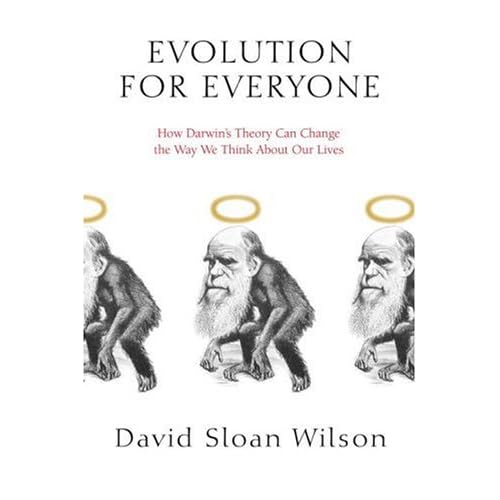I’ve just seen the Publisher’s Weekly review of Montreal neuroscientist Mario Beauregard’s and my book, The Spiritual Brain: A Neuroscientist’s Case for the Existence of the Soul:
Following C. S. Lewis’s dictum that “to ‘see through’ all things is the same as not to see,†neuroscientist Beauregard and journalist O’Leary mount a sweeping critique of a trend in “the pop science media†to explain away religious experience as a brain artifact, pathology, or evolutionary quirk. While sympathizing with the attraction such “neurotheology†holds, the authors warn against the temptation to force the complex varieties of human spirituality into simplistic categories that they argue are conceptually crude, culturally biased, and often empirically untested. In recently published research using Carmelite nuns as subjects, Beauregard’s group at the University of Montreal found specific areas of brain activation associated with contemplative prayer. But these patterns are quite distinct from those associated with hallucinations, autosuggestion, or states of intense emotional arousal, resembling instead how the brain processes “real†experiences. Insisting that “we have never entertained the idea of proving the existence of God,†the authors concede that “the results of our work are assumed to be a strike either for or against God†and that “on the whole, we [don’t] mind.†Never shrinking from controversy, and sometimes deliberately provoking it, this book serves as a lively introduction to a field where neuroscience, philosophy, and secular/spiritual cultural wars are unavoidably intermingled. (Sept.)
It was great that the reviewer homed in on some of what Mario and I are trying to do – expose the sheer shoddiness of so much materialist thinking in neuroscience in the area of spirituality. Read More ›
